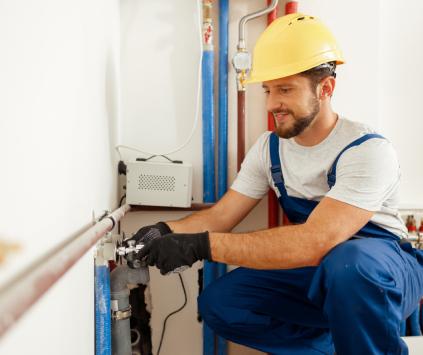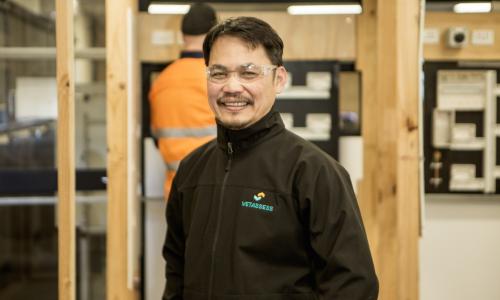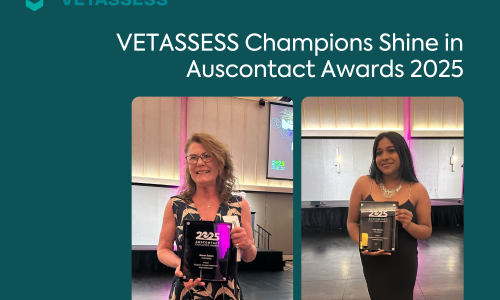Many of the tasks of rebuilding the economy post-COVID-19 will be performed by people with skills learned in the vocational education and training (VET) sector.
Now is the time to ensure the quality of training is independently verified and recognised, so that both students and employers can have confidence in the VET system.

The Productivity Commission has called for a more concerted effort from the Commonwealth, state and territory governments to establish independent assessment to improve VET quality. This recommendation was one of 32 from The Commission’s National Agreement for Skills and Workforce Development Review, resulting in a 518-page report released in January 2021.
Why independent assessment?
More than 4 million students participated in VET in 2019 and one-third of working age Australians hold a VET-level qualification as their highest qualification.
The Commission found employer satisfaction with VET training is relatively high but has been trending down. It says that unbundling assessment from teaching could boost confidence in VET.
The idea of independent assessment is not new. Countries, such as Canada, Germany, New Zealand, Oman, Switzerland and the UK, to name a few, use independent assessment in their vocational education system. The Joyce Expert Review of Australia’s Vocational Education and Training System made a similar finding when it reported in 2019.
What is independent assessment?
The standard answer is that independent assessment is assessment conducted independently of the institute that provided the training.
There are different models of independent assessment, however, and it can have different purposes. For example, it can be used to test apprentices to ensure they meet minimum quality standards, or as a form of quality assurance for training institutes.
As the Commission states, “students need to have confidence that their training will be recognised and valued, and employers need to be confident that a qualification is an accurate indication of skill attainment”.
Assessing all, or a random group, of students who have either graduated, or who are close to graduating, through independent assessment can help provide confidence that students have the skills they need to meet employer expectations.
Training institutes would be able to use feedback from assessments to measure their performance.
The regulator could use independent assessment samples to assess the performance of registered training organisations.
Independent assessment can be mandatory or voluntary, but our view is that a mandatory system will restore confidence among learners, employers and industry. In our submission to the Productivity Commission’s review, we propose independent assessment becoming part of the journey for apprentices and trainees aspiring to work in a VET occupation.
The work so far
The Commission notes that independent assessment is not new but that efforts to realise the benefits have lacked momentum. It says Victoria is leading the way on this process, undertaking a four-year pilot of IA. VETASSESS provides independent assessment for this pilot and assessments have resumed this year, after being postponed due to COVID-19.
The Australian Skills Quality Authority (ASQA), which registers training providers and accredits VET courses to ensure nationally approved standards are met, has supported further piloting of IA and trials of IA models.
Who pays?
The Commission says independent assessment is likely to be costly and it is unclear who should carry the costs. Perhaps students should pay, as this form of assessment yields them private benefits. However, if an independent assessment is part of standard quality regulation, there may be a rationale in governments bearing part of the costs, it says.
How to implement independent assessment
The Commission has called for phased implementation that includes:
- Determining objectives and models
- Identifying suitable qualifications and occupations
- Undertaking national trials for qualifications identified as suitable, to assess the usefulness and cost effectiveness of IA
- Developing an institutional framework that would assign responsibilities, including for undertaking assessment, accreditation of assessors, and funding.
Now is the time for a national move to implement independent assessment, when the vocational education and training (VET) system is being called on to deliver skilled workers for the recovery from the COVID-19 pandemic.
About VETASSESS
For more than 25 years VETASSESS has provided tailored, independent assessment services to governments, education sectors and industries globally.
We have pioneered assessment services to recognise and verify individuals’ qualifications, skills and experience for migration purposes against the requirements of 341 professional and 27 trade occupations.



